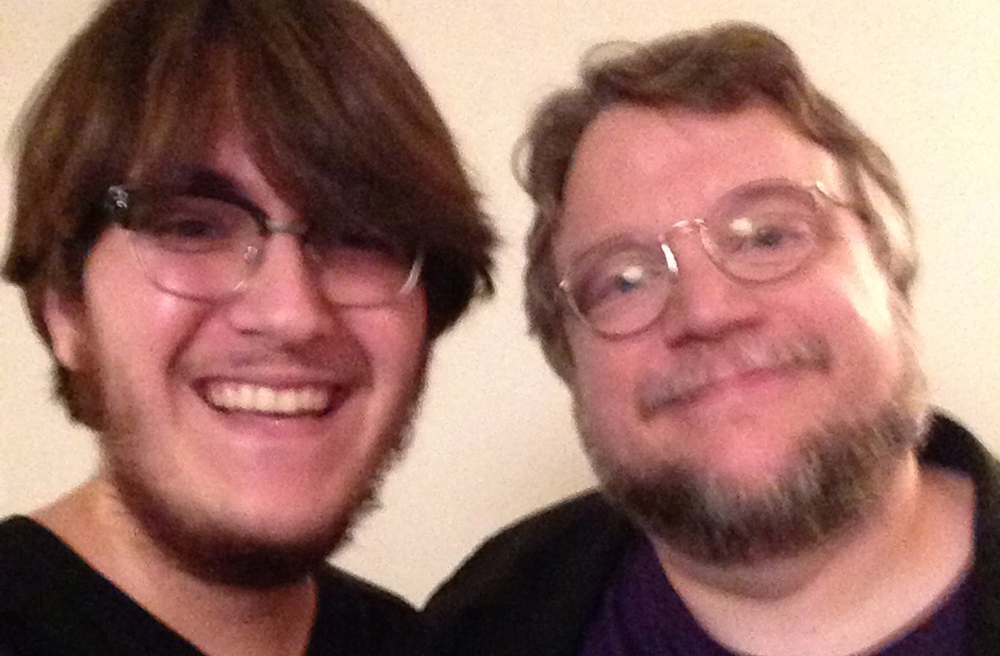This week, I got the chance to interview Guillermo del Toro, along with Kate del Castillo & Jorge R. Gutierrez, for The Book of Life. You can find the full interview feature over here at Miami New Times, but, as always, there are some things that don’t make it into the final work that are worth sharing. This time around, it was del Toro who specifically had a lot to say about different things that were both hilarious and down-to-earth. The following is exactly that.

When asked about the reason he’s spawned out to making video games and how his experience with animation in The Book of Life has helped him with Silent Hills:
“In my mind, the future and the reason why I’ve been on a personal quest for the last six years in which I swore I would teach myself all the mediums — it’s why I created The Strain series, it’s why I wrote the novels of The Strain, that’s why I’m developing a video game with Hideo Kojima, that’s why I’ve been doing animation for the last six years with Dreamworks — because I believe that the next future entertainment platform will be a single platform and you will have to generate content that becomes malleable in the way you tell the story; I’m convinced of this. And I want to know all the mediums and I think that’s what transmedia is going to become. The goal right now is to sort of complement the storytelling through several mediums but the future is going to be one single platform.”
When asked what he does for Halloween:
“Normally I do the make-up for my wife and daughters and that’s my main duty. I just put on a mask myself — I have no time. And because one day I did a really great make-up and I scared all the kids in the neighborhood and their parents got angry. I don’t do anything very vanilla and I open the door without smiling and the kids freaked out.”
After discussing how he plans on drawing people in to watch the film, specifically those that aren’t Mexican:
“I have what I call the immigration test. When I go through Customs and Immigration [at the airport], and they ask why I’m here, I say I’m a filmmaker. They say, ‘What movie are you making?’ and I say the title of the film. If the person says, ‘What is it about?'” He lets out a disappointed sigh and a groan. “But if the guy says, ‘Oh my kids want to see it!'” He claps.
When it comes to producing a movie, as well as making his own movies, and what it takes to be a filmmaker:
“You make a movie and at some point in the process, all you want to do is survive it. People think that being an artist is not hard, that all you do is go from your Hollywood mansion to a set where you snap your fingers. That’s not true. It really is a lot of work, but it’s also a lot of pleasure. […] I’m always so busy it’s ridiculous. Sometimes I find it hard to keep up with things because you only have seven days a week, twenty-four hours a day. Every time you’re doing something with film, you’re not doing something with your family, you’re not doing something for yourself, you’re not doing something. And that’s what I said to Jorge [R. Gutierrez] when I met him: show me why we should do this. Why should we put years and years of our lives into this? The only thing that makes it worth it is if you feel somebody else would die for the movie. My movies may seem sometimes like comic book movies, but I would die for every movie I make. Most of the time I make a movie I put my own money into it; on Crimson Peak, I put in a quarter-million dollars. I said I wanted to shoot another day, they hesitated, and I gave them the money and said, I’m shooting another day, I’m not asking.”



 Derek
Derek
 Isabelle
Isabelle